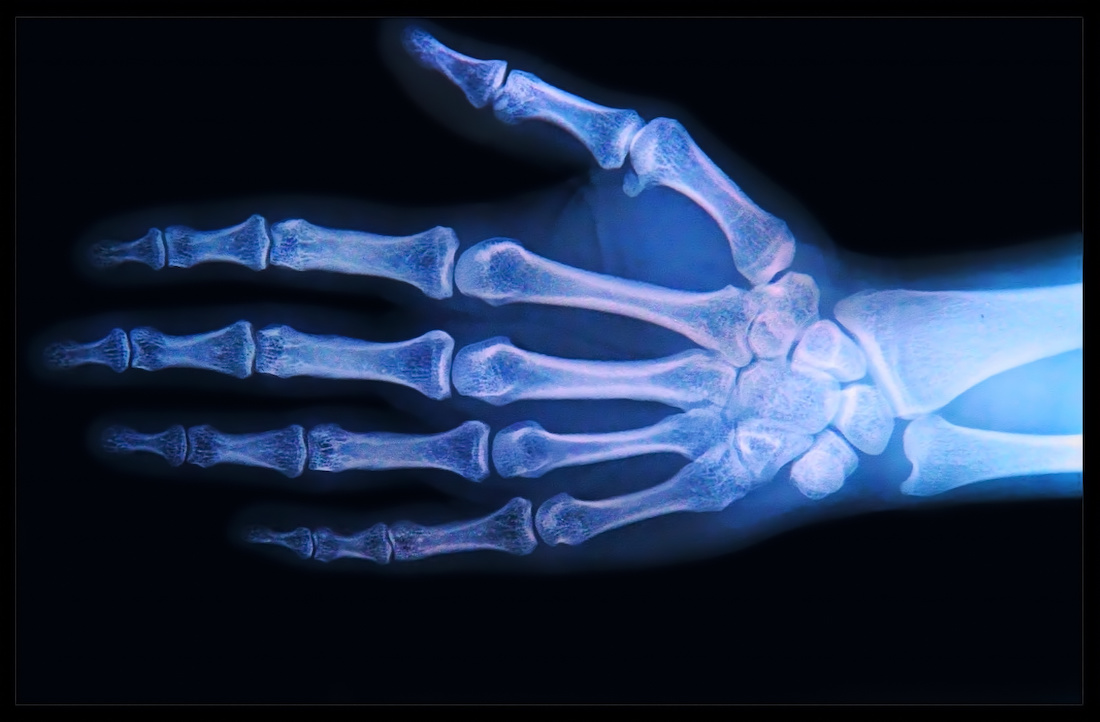The Most Important Component of Optimal Health

Now that the stretch between Thanksgiving and the New Year is upon us the litany of fitness excuses rolls out. Gyms will be sparse, with crowds flocking on certain days before heading to family and work obligations. One of the most pervasive comments will be about combating weight gain from carbohydrate-rich foods.
Only it’s not true. I’m guilty of making such jokes, though as I studied nutrition more I stopped professing that exercise detoxes or another round of burpees burns away fat. Many instructors will make such statements over the next month, ignoring the reality of our physiology.
Take yoga. Over my decades of practice and teaching I’ve seen many ‘yoga for weight loss’ classes pop up. In a sense yoga can help with weight management, though it has nothing to do with these core-blasting programs marketed as a magical formula for six-pack abs.
That’s because we associate weight loss with high intensity exercise. Yes, running and strength training (if you’re going heavy) helps your metabolic rate. You’ll never achieve the cardiovascular threshold needed for this in a yoga class. What you actually need is restorative yoga and meditation.
Active recovery and regeneration are under-discussed aspects of fitness, though that is changing. Practicing slow, deep breathing and long, static stretches reduces the amount of cortisol being produced in your body. Entering parasympathetic mode causes your nervous system to chill out, which can help reduce the production of visceral fat.
Cortisol isn’t all bad—it aids in tissue repair and activates anti-inflammatory pathways. It even helps break down fat in a process known as lipolysis. Constantly elevated levels of cortisol, however, have the opposite effect, including the suppression of lipolysis. When you’re in a state of heightened anxiety your immune system suffers, which then has a system-wide cascading effect.
Enter gentle yoga postures, breathing practices, and myofascial care. Fascia is sometimes referred to as your ‘second skin.’ This band of connective tissue stabilizes and encloses your muscles and organs. Your entire body is connected by fascia; when it’s tight or compromised, you’re more prone to chronic pain and injury.
Marc Coronel bought his first foam roller in 2006. A senior master instructor for TRX and Trigger Point Therapy, he began to investigate self-care techniques when his strength conditioning coach told him his body was out of balance. He had written off yoga until he actually tried it. The challenges in that format were entirely new to him, showing him in real-time the imbalances he hadn’t recognized.
That realization led him to undergo a path that is now one of the most important revelations in fitness: you need to recover. Not only will your body feel better, your high-intensity workouts will be more productive. If you never actively recover and regenerate, your body remains in a constant state of fatigue and stress.
During my talk with Marc I mention Michol Dalcourt, the creator of the fitness tool VIPR (which both Marc and I have taught at Equinox Fitness), and his take on fitness versus health. Dalcourt says although you might be fit, you’re not necessarily healthy. People hitting the gym for high-intensity workouts who leave without stretching, rolling, or engaging in breathing techniques miss the critical balance needed for optimal health.
Like Dalcourt, Coronel takes a similar approach to the human body: one muscle with 640 compartments. Your body is one unit; beating on that unit without caring for it is counterproductive. He then mentions how fascia interacts with your environment:
Your fascia will adapt to how you sit, how you stand, how you move. If you sit all day, your body will specifically adapt to that demand. If you sit for eight hours a day, multiply by forty hours a week, multiply by 365—I don’t like math, it’s a big number—now multiply that by ten years.
Marc and I met over a decade ago in Manhattan. We both craved variety in movement, and both understood the necessity of regeneration. I’ve always appreciated his emphasis on form. If you’re not doing a movement correctly it doesn’t matter how fast or how many you accomplish. You’re only setting yourself up for a breakdown.
In his TRX classes in Las Vegas, Coronel emphasizes the necessity of proper mechanics, which involves being comfortable with being uncomfortable. I’ve witnessed many people unable to slow down to focus on their movement. Repetition is important—we learn through repeated steps—but the movement itself comes first. Once understood balance comes next, as Coronel points out:
First move well, then move often. You have to admit that recovery is a part of my life. If you love to lift heavy, you have to not just rest, you have to speed up the recovery process. And that boils down to foam rolling and massage.
Effects from myofascial techniques like foam rolling last for thirty-six hours, which, among other things, reduces delayed onset muscle soreness. Not only is your recovery quicker, but you’re able to return to movement faster.
Recovery is a slow discipline by necessity. People that feel rushed believe pounding it out for an hour a few times a week offers all their fitness needs. While it’s better than not moving, it’s nowhere near optimal. This mentality feeds the hamster wheel: everything is a chore to be done as quickly as possible.
This makes us step back and ask what is truly valuable about our bodies. Or, as Coronel puts it,
People ask me, how can you be in a gym all day? And I ask them, how can you sit behind a computer all day?
Excuses are easier than slowing things down and tuning into your body’s demands. It needs regeneration as much as cardiovascular exercise and loaded training. Coronel says you have to recognize that if your quality level goes down all the work goes out the door.
Like with any career, quality matters. Multitasking doesn’t work in life or your workouts. Rushing to “get the work in” is pointless if you’re not fully immersed in the work itself. As research in fitness evolves, it is apparent that recovery and regeneration are necessary components for achieving optimal health. Roll with that.
—
Derek Beres is working on his new book, Whole Motion: Training Your Brain and Body For Optimal Health (Carrel/Skyhorse, Spring 2017). He is based in Los Angeles. Stay in touch on Facebook and Twitter.





